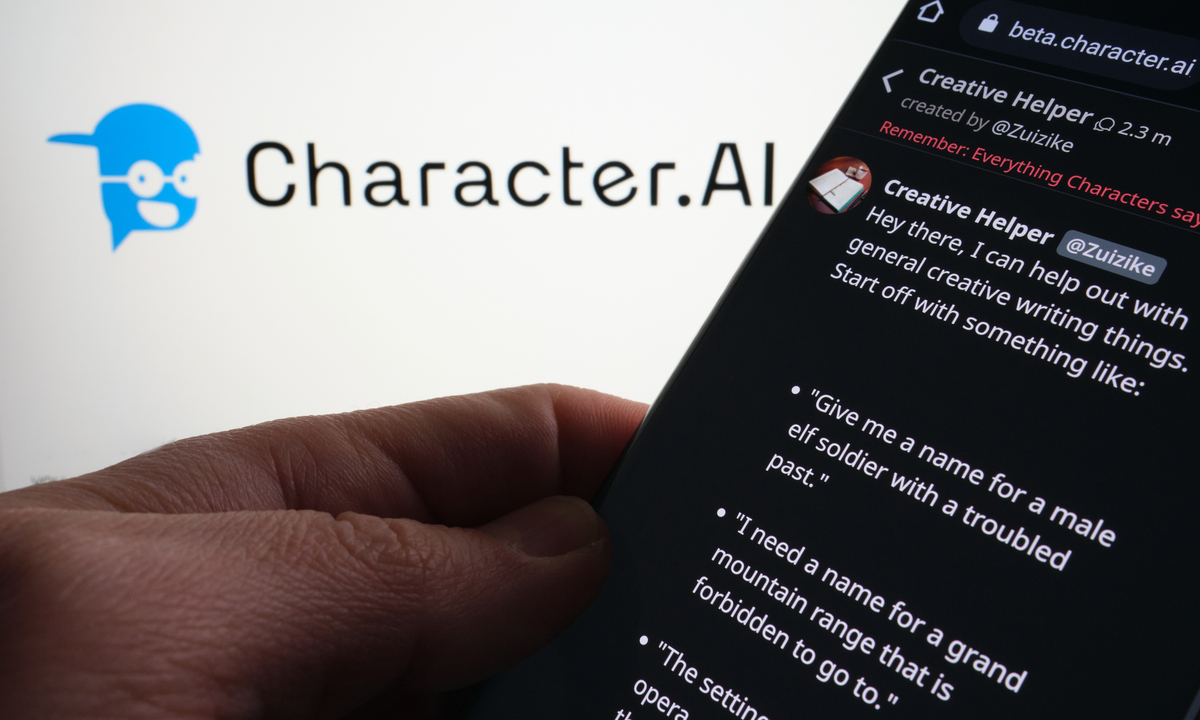Character.AI is weighing its options between a potential sale or raising new capital, sources told The Information.
The maker of artificial intelligence (AI)-powered character chatbots has, in recent weeks, held discussions with possible buyers, bankers and staff. Executives have also talked with investors about raising “a few hundred million dollars at a valuation of more than $1 billion,” according to one person with direct knowledge of the conversations.
Founders Noam Shazeer and Daniel De Freitas, both former Google researchers, agreed last September to rejoin the tech giant to work on Gemini. After they left, Character.AI’s employees took over ownership of the now roughly 70-person startup.
If sold, the buyer would get its app and website, which host chatbots designed by the startup and independent creators. These bots resemble anime characters, celebrities and historical figures.
In June, Character.AI hired a new CEO, Karandeep Anand, a former Meta and Brex executive. This month, the startup launched a social feed for sharing AI-generated videos and collaborative content creation, while also selling ads from brands such as Yelp and Webtoon.
Character.AI’s trajectory is an example of a new trend called a “reverse acquihire,” where founders and researchers of smaller AI firms move to Big Tech companies in exchange for licensing deals. Similar arrangements have played out at least six times since early 2024, often leaving the remaining startups struggling for survival.
For example, Google in July hired top executives from coding startup Windsurf in a $2.4 billion licensing deal. Windsurf was then sold to Cognition at an undisclosed amount.
Character.AI makes most of its revenue by charging $9.99 per month for premium features such as voice calls with chatbots. The startup expects to reach $50 million in annualized revenue by the end of the year, up from about $30 million last month, according to news outlet. At a $1 billion valuation, the startup would be trading at 33 times recent revenue, which is roughly in line with other AI apps.
The platform has grown to 20 million monthly active users as of February, but the costs of running large-scale AI models continue to climb. It stopped developing its own models after the founders and technical leaders left, and now relies on open-source models from DeepSeek, Meta and others. This reduced development expenses but left Character.AI with ongoing operating costs estimated in the millions per month.
Meanwhile, the startup is facing two lawsuits alleging that it exposed children to harmful content. Texas Attorney General Ken Paxton also launched an investigation earlier this month into whether the startup misled children through deceptive marketing.
California also has been advancing a bill that would regulate the use of AI companion chatbots. Senate Bill 243 is one of the first major attempts in the U.S. to regulate AI buddies, especially for its impact on minors. The bill would require chatbot companies to ban reward systems that encourage use, send reminders to users that the chatbot isn’t human and perform regular audits, among other stipulations.
